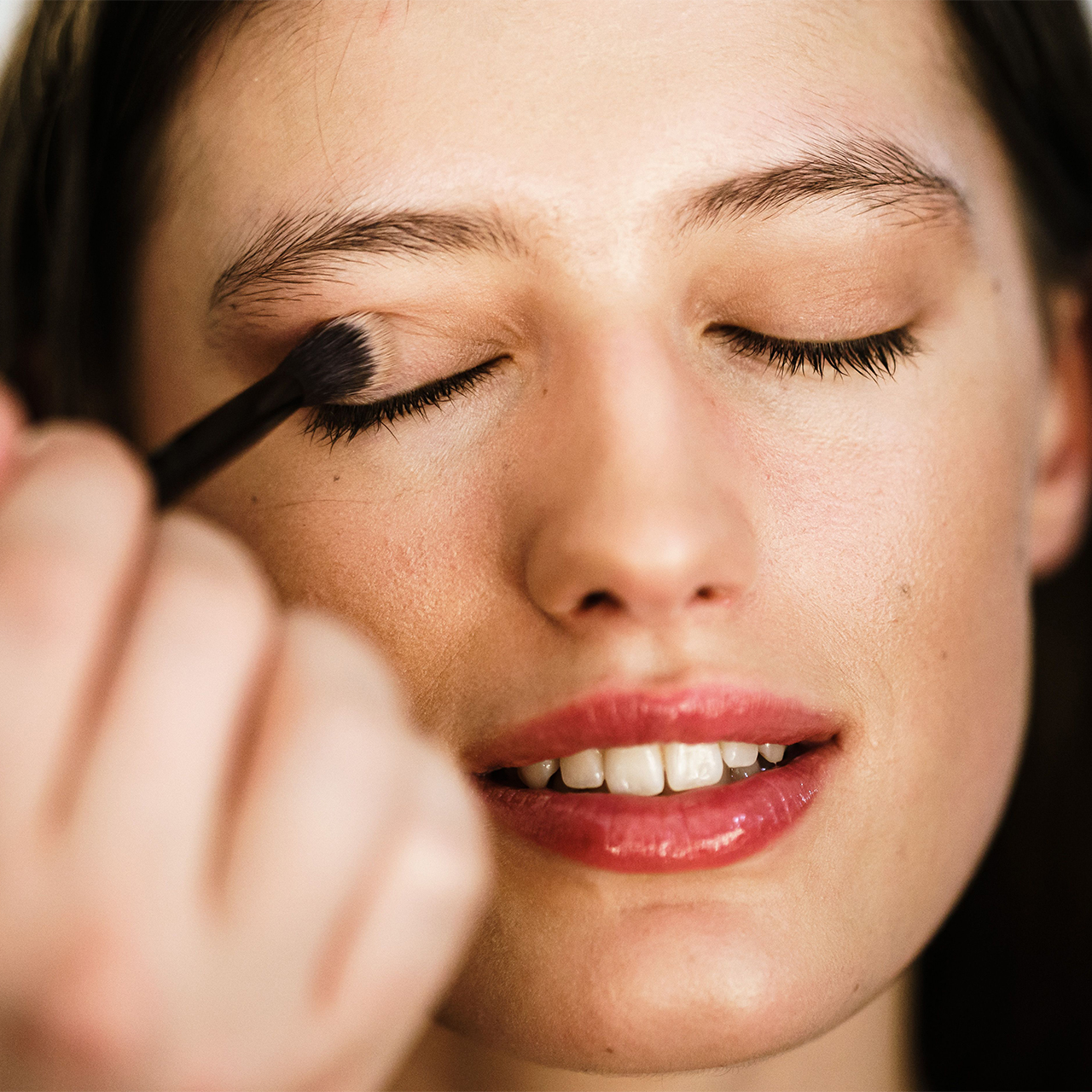This is an archived article and the information in the story may be outdated. Please check the time stamp on the story to see when it was updated last.
Just as a balanced diet is essential to your internal health, a well-rounded skincare routine is just as important for ensuring an ageless complexion years down the road. However, while some ingredients such as retinol and vitamin C have been touted as essential within your day to day beauty routine for anti aging, there are also ingredients which are better left off of your skin if you’re hoping to maintain a clear and bright complexion.
Unfortunately not all skincare products are created equal, but there’s one particular ingredient which should be avoided at all costs due to the potentially harmful side effects it may bring.


Chemical Sunscreen
Protecting your skin from sun damage is one of the best ways to ensure a graceful aging process, but not every sunscreen on the market is actually good for your skin. “Chemical sunscreens and SPF includes oxybenzone, avobenzone, octisalate, octocrylene, homosalate, and octinoxate,” warns clinician and medical consultant Dr. Paula Morgan, MD, PhD, FRCPC, FAAD.
“A recent study from the FDA found that chemical sunscreen ingredients readily absorb into the bloodstream, and the effect is accumulative,” she adds.
Unlike mineral sunscreens which include ingredients such as zinc oxide and titanium dioxide, chemical sunscreens threaten the delicate balance of your body and take longer to become effective in protecting your skin from UV rays. Not to mention they’re not created with the environment in mind and may cause damage to the ocean’s coral reefs and are banned in many countries.
“The safe alternative is a face sunscreen that uses the minerals zinc oxide and titanium dioxide to reflect the sun's rays instead of absorbing them as chemical sunscreens do,” explains Morgan.

Checking the ingredients list is the easiest way to ensure that your sunscreen does not contain chemicals, and while the mineral option is often on the pricier side, your skin will thank you for prioritizing less abrasive ingredients that will avoid potential long term damage.
“Mineral sunscreen is also effective immediately after application, unlike chemical sunscreens, which require a 15 to 20-minute wait to be fully effective,” adds Morgan. “When shopping for a face sunscreen, look for one with the active ingredients of zinc oxide and titanium dioxide, and avoid any with the chemical ingredients listed above.”
Staying vigilant about the ingredients and products you allow into your skincare routine is essential for preserving the healthiest version of your complexion possible, and chemical sunscreens, while they may offer meager sun protection, are not the safest bet for your body on the whole.
Opting for mineral sunscreen will keep your skin in great condition for years to come, staving off sun damage while also keeping your body safe from potential irritants and the dangerous side effects that may come with chemical SPF. It may cost an extra few dollars or an added moment at the drugstore looking at the label, but down the line your skin will reflect your positive decisions with a healthier, more even complexion.


























